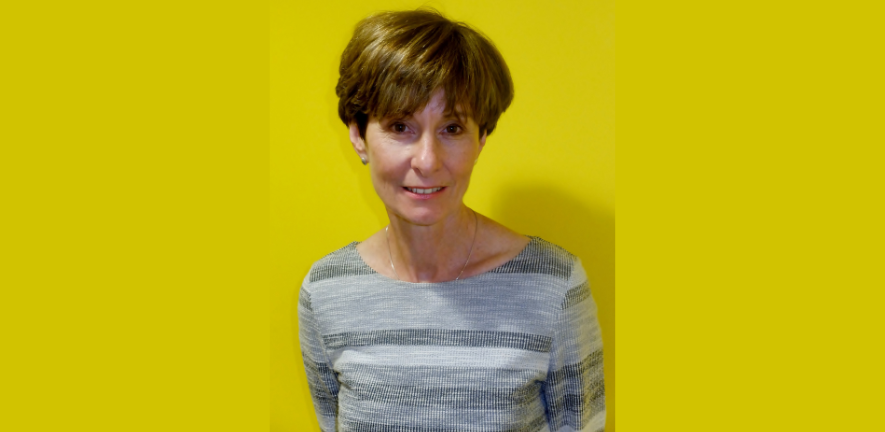
Submitted by Jane Durkin on Tue, 22/08/2023 - 16:11
Rosemary Varley is Professor of Acquired Language Disorders at University College London (UCL).
Her research focuses on the cognitive neuroscience of speech and language, in particular language disorders in post-stroke aphasia and dementia, and the role of language in non-verbal cognition.
Her work uses a range of methods, including behavioural investigations with healthy adults and people with post-stroke communicative impairments, and also fMRI and tDCS methodologies.
Rosemary has published her research in major international journals. She is co-author of the SWord software used in the treatment of apraxia of speech, and co-authored the textbook ‘Introduction to Language Pathology’ with David Crystal.
Previous posts have included work in the NHS and research and teaching posts at the University of Hong Kong and the University of Sheffield.
Rosemary will be presenting at the Cambridge Language Sciences Annual Symposium on 16 November 2023 as part of a research dialogue with Ianthi Tsimpli. They will explore the relationship between language and general cognition, and its implications for wellbeing.
I work in cognitive neuroscience largely with adults with cognitive impairments following brain injury – post-stroke language disorder (aphasia) in particular, but also dementia and traumatic brain injury.
I have two research strands. One focuses on neurotherapeutics – devising new and hopefully, better ways to evaluate and manage impairments. The second contributes to debates on the role of language in thought. We work with people with very severe aphasia and see if they retain ability in domains such as calculation, social reasoning or event perception.
Both strands are motivating. The neurotherapeutics work aims to improve resources for people who face a sudden, life-changing event. The language and thought research sits at the heart of debates as to what makes us human: is language necessary to sustain forms of thought that are claimed to be distinctively human?
I work at UCL and with a network of collaborators across the UK and internationally. Engagement with people with neurodisability, their families and clinicians is critical for recruitment to studies.
We also collaborate with software companies to devise digital interventions that allow a person with aphasia to self-manage therapy. In this way, we can begin to reach the ‘dose levels’ necessary to stimulate reorganisation of damaged neurocognitive systems and contribute to ‘self-efficacy’ – therefore giving the person with a brain injury the opportunity to regain some control of the treatment they receive at a time when life seems chaotic.
In one study we explored the relationship between language and calculation. In our small group of people with severe (‘global’) aphasia, there was a man who managed his family’s finances and followed the money programmes on TV. At the same time, we were reading claims that language is necessary in calculation. The observation stimulated a series of experiments.
The results were clear: retained maths despite profound language impairment, neural activations outside of core language regions during calculation, and even ability to complete algebraic equations in the face of severe aphasia. The results were picked up by the mainstream media as well as the scientific press, and it was good for the participants – seeing the impact and revealing their competencies rather than their failures.
On the neurotherapeutics theme, we have just started a trial of a new digital sentence processing therapy, funded by The Stroke Association. We are using a telehealth model of healthcare, and participants administer the intervention with remote monitoring by a clinician. The therapy targets high-frequency sentences (following a usage/frequentist approach to language) and incorporates automatic speech recognition so that the user gets fast and accurate feedback on their production.
The opportunities that digital technologies allow in innovating neurorehabilitation are particularly exciting in this area of work right now. This also applies to new approaches to language processing that are ripe for application to aphasia.
I hope my research will lead to better interventions for people and their families who experience neurodisability, and will support a future cadre of researchers to take forward and challenge current thinking.
On the theme of ‘Language and Mental Wellbeing’, some of our work has explored language markers of cognitive change in conditions such as the dementias and schizophrenia. Early detection is critical for intervention outcomes. On neurotherapeutics, a brain injury changes lives – not just that of the ‘patients’ but of those around them.
Photo: Rosemary Varley. Credit: Richard Jardine
